-
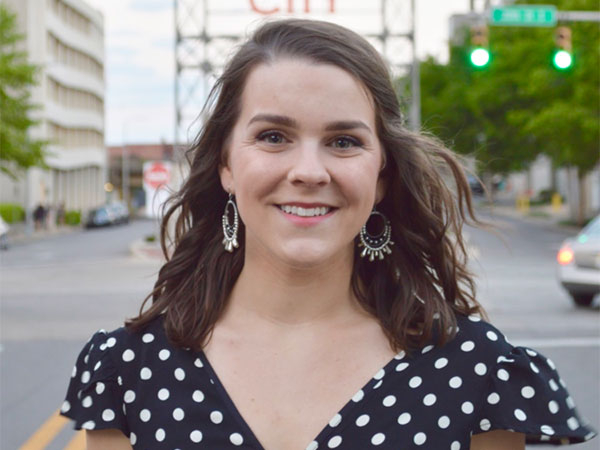 Kacey Keith pursuing justice and peace in her careerKacey Keith often encounters conflict when addressing structural and cultural harm through her work as a consultant, and she has an appreciation for people who are willing and prepared to face disputes head-on.Photo courtesy of Kacey KeithKacey Keith often encounters conflict when addressing structural and cultural harm through her work as a consultant with Honeycomb Justice Consulting.
Kacey Keith pursuing justice and peace in her careerKacey Keith often encounters conflict when addressing structural and cultural harm through her work as a consultant, and she has an appreciation for people who are willing and prepared to face disputes head-on.Photo courtesy of Kacey KeithKacey Keith often encounters conflict when addressing structural and cultural harm through her work as a consultant with Honeycomb Justice Consulting. -
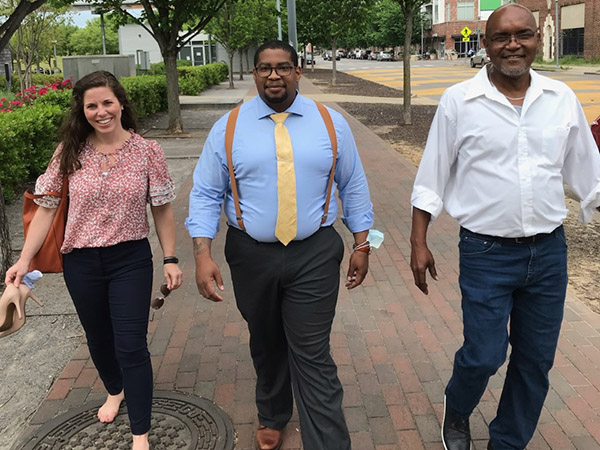 I am Arts and Sciences: Alex LaGankeWhen Alex LaGanke, staff attorney at Alabama Appleseed Center for Law and Justice, left her hometown of Cullman to attend UAB, she quickly started to see the world through a new lens.Alex LaGanke (left) walking at Railroad Park with Ron McKeithen (right) and University of Alabama Law Intern Allen Slater (center) after filing a petition for a client who was subsequently released in June 2021....
I am Arts and Sciences: Alex LaGankeWhen Alex LaGanke, staff attorney at Alabama Appleseed Center for Law and Justice, left her hometown of Cullman to attend UAB, she quickly started to see the world through a new lens.Alex LaGanke (left) walking at Railroad Park with Ron McKeithen (right) and University of Alabama Law Intern Allen Slater (center) after filing a petition for a client who was subsequently released in June 2021.... -
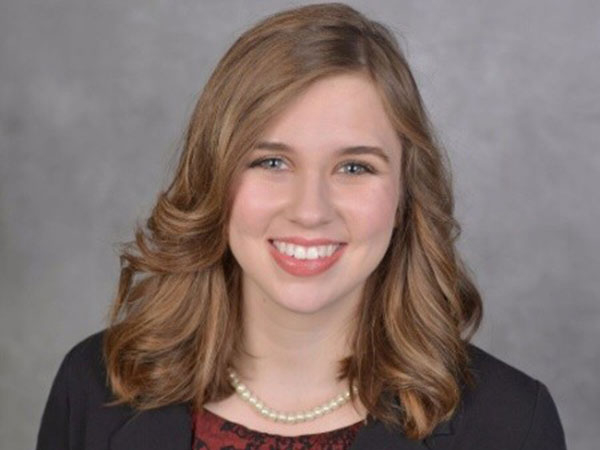 I am Arts and Sciences: Jolie ThevenotInternational studies alumna Jolie Thevenot is the executive director of the Japan-America Society of Alabama. Like many of her fellow students, Jolie Thevenot fulfilled a curriculum requirement to study a language during her freshman year at the University of Alabama at Birmingham.
I am Arts and Sciences: Jolie ThevenotInternational studies alumna Jolie Thevenot is the executive director of the Japan-America Society of Alabama. Like many of her fellow students, Jolie Thevenot fulfilled a curriculum requirement to study a language during her freshman year at the University of Alabama at Birmingham. -
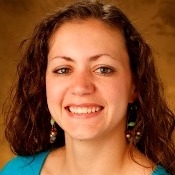 Alumna Profile: Mariana RodríguezMariana Rodríguez loved her International Studies (ITS) classes and teachers so much that she went on to receive a PhD in Political Science from Vanderbilt University in 2013.Rodríguez, a native Venezuelan, graduated from UAB in 2008 with a BA in International Studies and a minor in Political Science.Mariana Rodríguez loved her International Studies (ITS) classes and teachers so...
Alumna Profile: Mariana RodríguezMariana Rodríguez loved her International Studies (ITS) classes and teachers so much that she went on to receive a PhD in Political Science from Vanderbilt University in 2013.Rodríguez, a native Venezuelan, graduated from UAB in 2008 with a BA in International Studies and a minor in Political Science.Mariana Rodríguez loved her International Studies (ITS) classes and teachers so... -
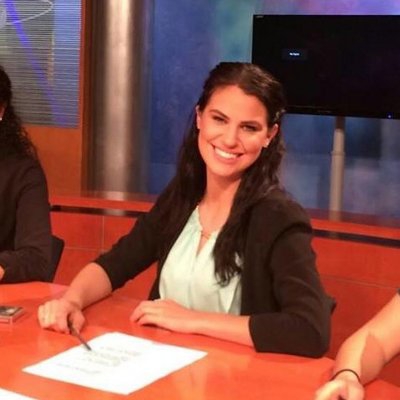 Alumna Profile: Tiffany JolleyJolley, now a producer and reporter with Illinois Public Media, said her studies as an International Studies major at UAB "enhanced my ability to analyze cause and effect at a political and a cultural level."Jolley graduated UAB with a BA in International Studies.
Alumna Profile: Tiffany JolleyJolley, now a producer and reporter with Illinois Public Media, said her studies as an International Studies major at UAB "enhanced my ability to analyze cause and effect at a political and a cultural level."Jolley graduated UAB with a BA in International Studies. -
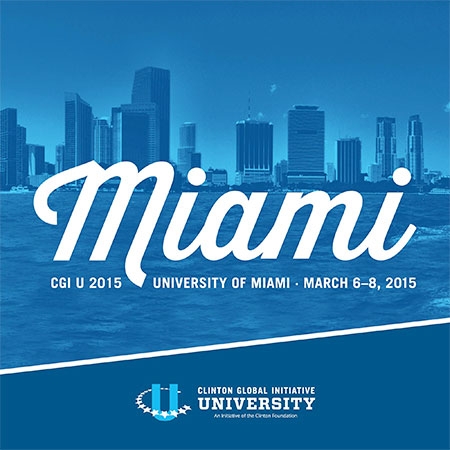 UAB Students to Showcase High-impact Community Projects at Clinton SummitSeventeen University of Alabama at Birmingham students have been selected to attend the Clinton Global Initiative University on March 6-8 at the University of Miami.Seventeen University of Alabama at Birmingham students have been selected to attend the Clinton Global Initiative University on March 6-8 at the University of Miami.Founded in 2007 by former President Bill Clinton,...
UAB Students to Showcase High-impact Community Projects at Clinton SummitSeventeen University of Alabama at Birmingham students have been selected to attend the Clinton Global Initiative University on March 6-8 at the University of Miami.Seventeen University of Alabama at Birmingham students have been selected to attend the Clinton Global Initiative University on March 6-8 at the University of Miami.Founded in 2007 by former President Bill Clinton,... -
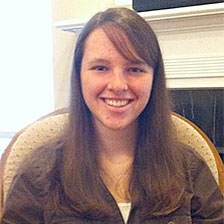 Third UAB student Awarded a Critical Languages ScholarshipRebecca Hyde, a freshman majoring in international studies, has received a prestigious Critical Languages Scholarship. She is the third UAB student named this year, joining juniors Leah Berkebile and (Charity) Yoonhee Ryder.Rebecca Hyde, a freshman majoring in international studies, has received a prestigious Critical Languages Scholarship.
Third UAB student Awarded a Critical Languages ScholarshipRebecca Hyde, a freshman majoring in international studies, has received a prestigious Critical Languages Scholarship. She is the third UAB student named this year, joining juniors Leah Berkebile and (Charity) Yoonhee Ryder.Rebecca Hyde, a freshman majoring in international studies, has received a prestigious Critical Languages Scholarship. -
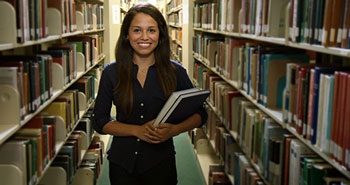 CAS Student Featured in New UAB PromosAngelica Jaimes, a Sophomore majoring in Spanish and international studies, is one of several UAB students and faculty members featured in the new The Campaign for UAB: Give Something, Change Everything commercials.Angelica Jaimes, a Sophomore majoring in Spanish and international studies,...
CAS Student Featured in New UAB PromosAngelica Jaimes, a Sophomore majoring in Spanish and international studies, is one of several UAB students and faculty members featured in the new The Campaign for UAB: Give Something, Change Everything commercials.Angelica Jaimes, a Sophomore majoring in Spanish and international studies,... -
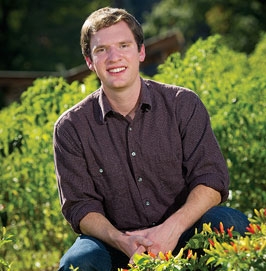 Standing Up for Social JusticeUAB alum Brendan Rice: "My interest in social justice is grounded in the profound belief that my generation must and will play a central role in fixing the broken systems of our world."By Brendan RiceMy interest in social justice is grounded in the profound belief that my generation must and will play a central role in fixing the broken systems of our world.
Standing Up for Social JusticeUAB alum Brendan Rice: "My interest in social justice is grounded in the profound belief that my generation must and will play a central role in fixing the broken systems of our world."By Brendan RiceMy interest in social justice is grounded in the profound belief that my generation must and will play a central role in fixing the broken systems of our world. -
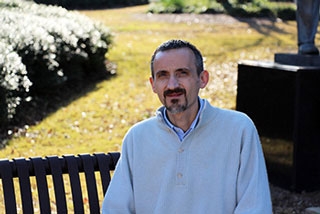 Corbetta Named New Director of International Studies ProgramRenato Corbetta, associate professor of government in the University of Alabama at Birmingham College of Arts and Sciences, has been named the new director of the International Studies program.Renato Corbetta, associate professor of government in the University of Alabama at Birmingham College of Arts and Sciences,...
Corbetta Named New Director of International Studies ProgramRenato Corbetta, associate professor of government in the University of Alabama at Birmingham College of Arts and Sciences, has been named the new director of the International Studies program.Renato Corbetta, associate professor of government in the University of Alabama at Birmingham College of Arts and Sciences,...